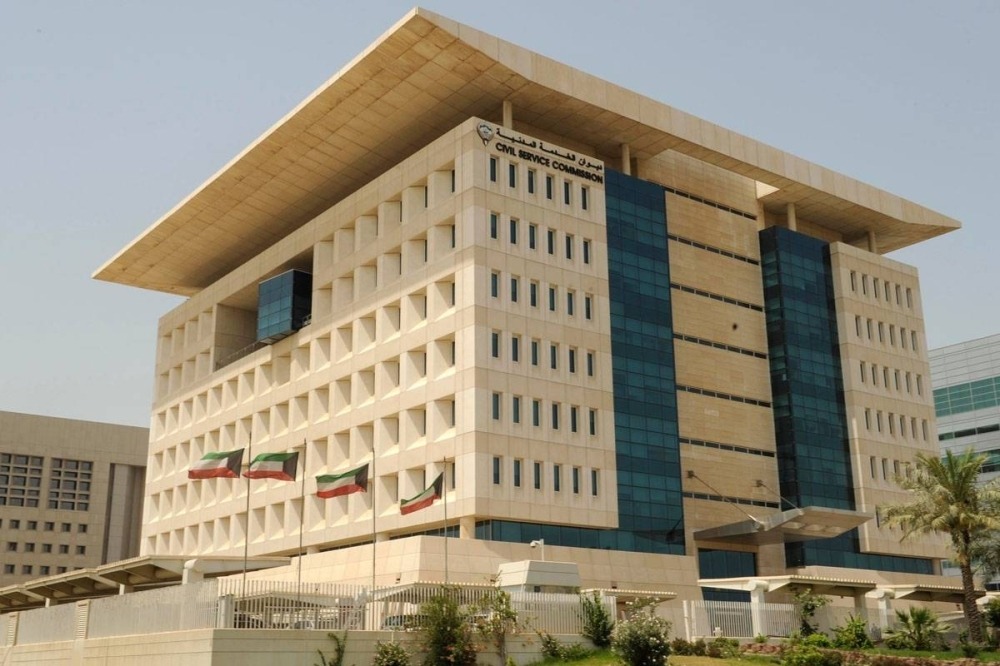Civil Service Commission mandates flexible fingerprint attendance for government employees

• The new system will require employees to use their smartphones to record their attendance.
• The commission has provided guidelines for various work environments and employee categories.
The Civil Service Commission of Kuwait has issued a directive requiring all government agencies to implement a flexible fingerprint attendance system starting from Sunday, August 18, 2024.
This new system aims to enhance employee attendance tracking and ensure compliance with working hours, reports Al-Jarida newspaper.
The commission has encouraged government agencies that already utilize smartphone applications for attendance tracking to integrate the flexible fingerprint system. This includes enabling facial recognition features and ensuring compatibility with the integrated civil service systems.
For government agencies that continue to rely on traditional fingerprint devices, the commission has instructed them to incorporate the flexible fingerprint system into their existing infrastructure. Additionally, these agencies are urged to expedite the adoption of smartphone applications for attendance tracking.
The commission has provided a detailed schedule outlining the timing of fingerprint verification throughout the workday. This schedule must be prominently displayed near the fingerprint devices to facilitate employee compliance.
To accommodate employees working in remote locations, night shifts, or specialized roles, the commission has permitted the use of smartphone applications for attendance tracking.
These employees must ensure that their systems are configured to support flexible fingerprint attendance and facial recognition.
Government agencies with employees performing specialized duties, either within or outside of their workplaces, are required to coordinate with the Civil Service Commission to determine suitable attendance verification times.
The commission will consider the unique nature of these roles and ensure that the new system does not disrupt the delivery of services.











